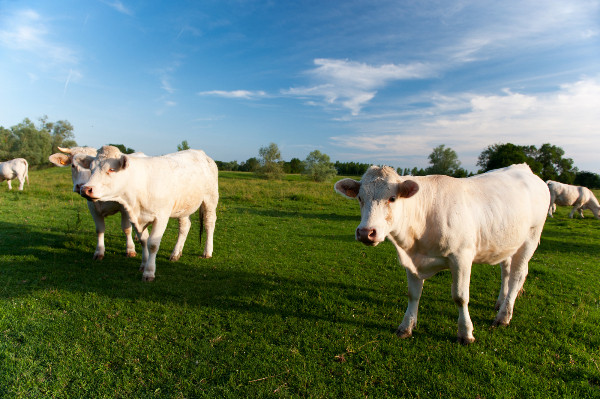Climate change will require major transformation in farming system to tackle drastic drop in production

By mid-century the world needs to plan major transformations of its agriculture systems that respond to not just one but various climate change scenarios, says a study highlighting the serious nature of the climate impacts.
Increased temperature, changing precipitation levels, along with the increased CO2 atmospheric concentration could lead to anywhere between an 18% decline in global caloric production from cropland to as much as a 3% increase by 2050, says new research from the International Institute for Applied Systems Analysis (IIASA).
In a large part of the world, increases in irrigation larger than 25% may be required.
By combining climate and yield projections with the IIASA Global Biosphere Management Model (GLOBIOM)—a global model that includes land use, trade, consumption, water resources, and other factors, the researchers identified the likely needed adaptations and transformations for global agricultural systems.
The transformations include increased irrigation and moving production from one region to another, according to the new study, published in the journal Environmental Research Letters.
However, without careful planning for uncertain climate impacts, the chances of getting adaptation wrong are high, the study shows.
Michael Obersteiner, IIASA Ecosystems Services and Management Program Director and a study co-author says, "We need to explore new and uncertainty-proof paradigms for long-term decision-making, and we also need a much better understanding of how to manage crucial resources such as water, which may become dramatically scarcer much earlier than previously thought."
The study looked at nine different climate scenarios, 18 crops and four management systems and the interactions between crop production, consumption, prices, and trade.
It specifically examines adaptations that are investment-intensive and not easily reversible, such as building new water management infrastructure for irrigation, or increases and decreases to the production capacity of a region.
Like most other transformations, even these will be plagued by uncertainty.
"There is a lot of uncertainty in how climate change will impact agriculture, and what adaptations will be needed," says IIASA Ecosystems Services and Management researcher David Leclère, who led the study. "Our new study is the first to examine at a global scale whether the adaptations required from agricultural systems are in the transformational range."
Overall, the study finds, while adaptations are largely entering the transformational range by mid-21st century, almost none can be found to be robust across all scenarios.
Earlier studies have shown how yields of wheat and corn could be negatively affected by rise in temperature.
© Copyright IBTimes 2025. All rights reserved.





















